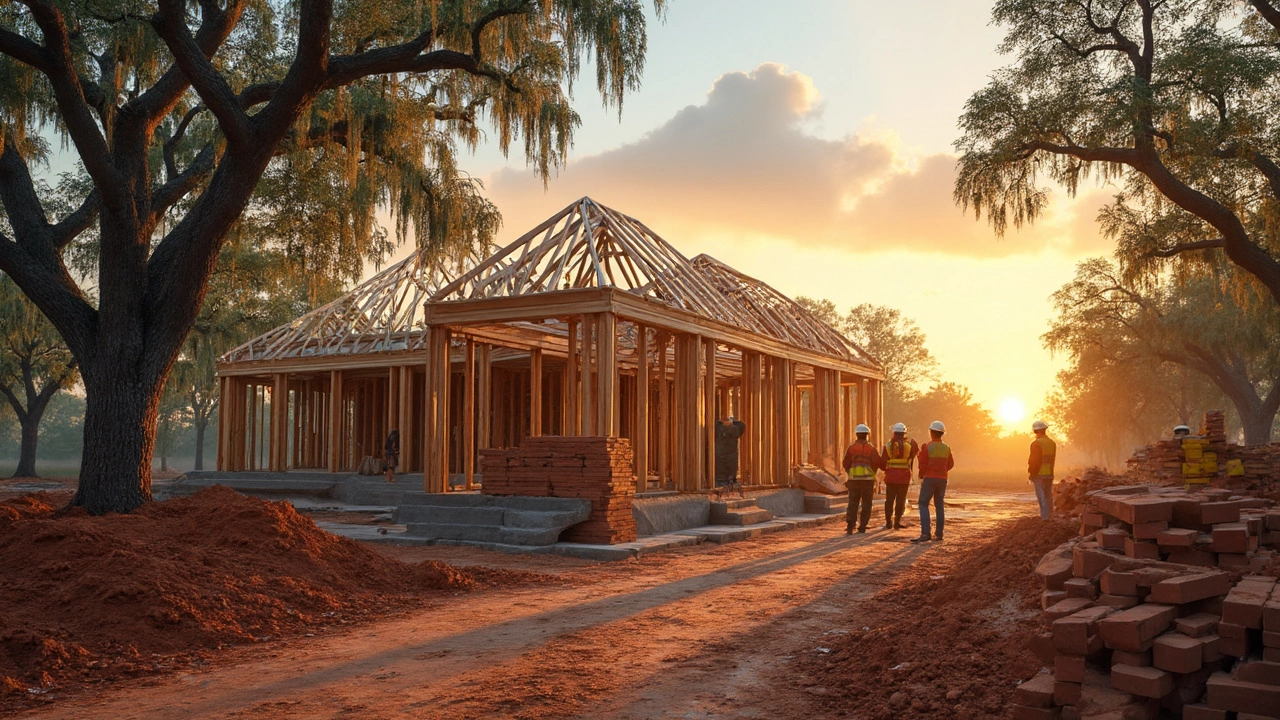Louisiana Building Expenses Explained
If you’re planning to build a house, add a conservatory, or start any extension in Louisiana, the first question on everyone’s mind is cost. You probably heard quotes like “$150 per square foot” or “permits will add a few thousand,” but the real picture is a bit more layered. Let’s break down the biggest line items, where surprises hide, and how you can keep the budget under control.
Core Cost Drivers
Land price. In Louisiana, land values vary dramatically from the riverfront suburbs of New Orleans to the rural outskirts of Baton Rouge. A cheap lot can save you tens of thousands, but you might pay extra for site prep if the ground is swampy or needs grading.
Permits and fees. The state and local governments charge for building permits, impact fees, and often a separate plumbing or electrical permit. Expect $1,000‑$3,000 for a standard single‑family build, but historic districts can push that higher.
Labor. Skilled carpenters, electricians, and plumbers in Louisiana charge rates that reflect the local market. On average, labor runs about $45‑$70 per hour. Choosing a reputable contractor can avoid costly re‑work later.
Materials. Concrete, lumber, roofing, and windows each have regional price tags. For example, pressure‑treated lumber is cheaper in the South, while hurricane‑rated windows add $200‑$400 each.
Hidden Expenses and How to Avoid Them
Many homeowners forget about contingency funds. A 10‑15% buffer for unexpected issues—like hidden utility lines or weather delays—keeps the project from stalling. Also watch out for inflation; material costs can jump 5‑10% within a year, especially after a storm season.
Another hidden cost is site access. If your lot is hard to reach, delivery fees for large items like trusses can climb quickly. Talk to your builder early about driveway improvements or crane rentals.
Don’t overlook insurance. Builder’s risk insurance protects the structure during construction and typically costs 1‑2% of the total project value. Skipping it can expose you to huge out‑of‑pocket repairs.
Finally, think about energy efficiency upgrades. Adding insulation, efficient HVAC, or solar panels raises upfront costs but can shave $500‑$1,000 off yearly utility bills and qualify for state rebates.
To keep the budget realistic, start with a detailed line‑item estimate, add a 10% contingency, and review the numbers with a licensed contractor. Ask for a written breakdown of each cost category so you can see where you might cut back—perhaps swapping premium tiles for a more affordable floor or choosing standard‑size windows instead of custom shapes.
Bottom line: Louisiana building expenses aren’t a mystery, but they do require a clear plan and a bit of local knowledge. By understanding land costs, permits, labor rates, material prices, and the hidden fees that pop up, you can set a budget that matches your dream house without unwanted surprises.

